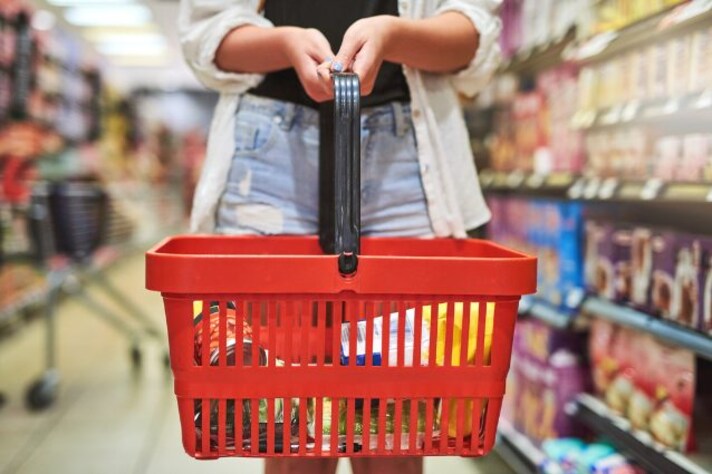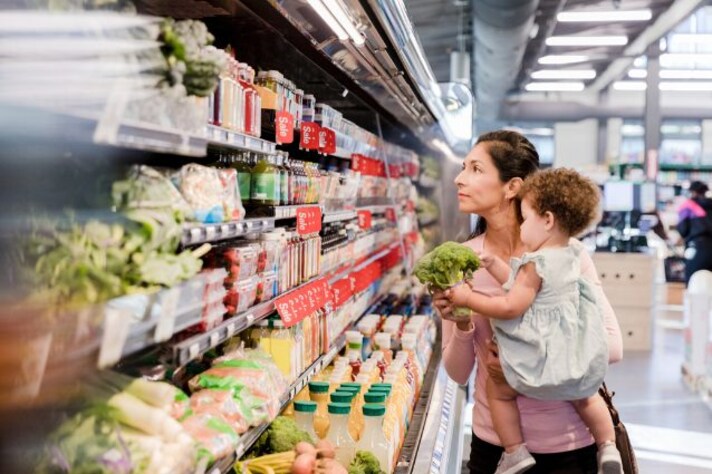
In recent months, food recalls have been making headlines with unsettling frequency. From contaminated fruits to mislabelled dairy products, these recalls cause understandable worry for families trying to stock their kitchens with safe, wholesome foods. The question on everyone’s mind is, what happens if a recall affects something in our shopping cart? More importantly, is there a way to shop safely in this climate of heightened recalls?
Why So Many Recalls Lately?
The uptick in food recalls isn’t random. Factors like increased food production, tighter safety regulations, and advanced testing methods mean more issues are identified and flagged than ever before. Food manufacturers are under greater scrutiny, and, as NPR and FDA reports show, even minor contaminants now lead to recalls in the name of public health. While it may seem like more food is unsafe, in reality, these recalls are a sign that our food safety net is catching more risks before they reach consumers.

How to Stay Safe While Grocery Shopping
Amid the recall surge, taking extra precautions while grocery shopping can help keep you safe. First, choose trusted brands and look out for items with clear expiration dates and clean packaging. Additionally, prioritize fresh produce that you can wash thoroughly or cook before eating. Avoid packaged items that seem suspicious, especially if they’re missing labels or have damaged seals. And, if you see a recall notice in-store, take it as a reminder to double-check your cart.
What to Do If You’ve Bought a Recalled Item
If you discover that a product you purchased has been recalled, don’t panic. The FDA typically issues clear guidance, often advising consumers to either discard or return the item for a refund. Avoid consuming the product, even if it appears safe; recalls exist because of risks not always visible to the naked eye. Keep your grocery receipts, as they can help you identify affected items and streamline the return process.

How to Keep Up with Recall Updates
Staying informed is key to navigating the ever-evolving landscape of food recalls. Many agencies, like the FDA and USDA, offer real-time alerts that can notify you of any newly recalled items. Sign up for email alerts, check recall notices at your grocery store, and keep an eye on trusted news sources. Staying updated means you’ll know exactly when to be cautious and can make informed choices about what’s on your dinner table.
;Resize,width=767;)
